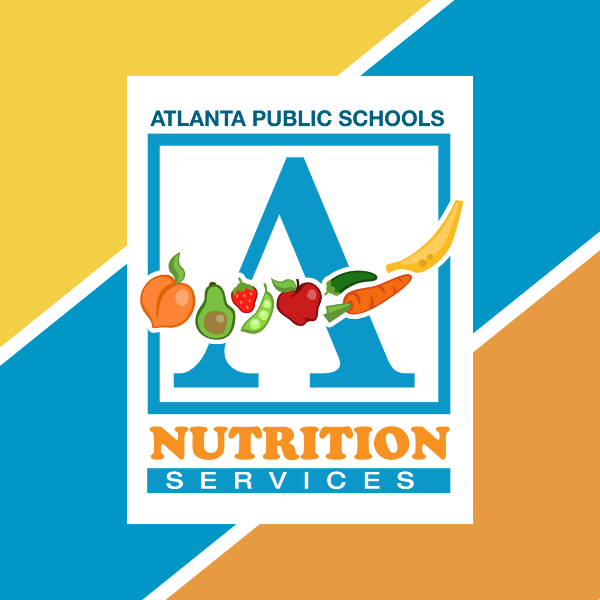Information
-
Document No.
-
Audit Title
-
Client / Site
-
Conducted on
-
Prepared by
-
Location
-
Personnel
Teacher Interview
-
How many children have special diets and what do their diets entail? <br>1304.23 (a) (2), Nutrition 1
-
How were these children identified and how were you informed? <br>(List of these children should be accessible in classroom)<br>1304.23 (a) (2), Nutrition 1<br>
-
In your absence, how do you ensure that Substitutes are informed of all children who have a medically-based diet, a food allergy or other special dietary requirements? <br>Code of Conduct, Substitute Training
-
How do you maintain confidentiality of children on special diets? <br>1304.52(h)(6)(ii)
Classroom Observations
-
Do all children who have not received breakfast at the time they arrive at the Head Start program served a nourishing breakfast?<br>1304.23(b)(iii). Education 1<br>
-
Is staff and/or volunteers charged for their meals if they are eating with the children?<br>Nutrition 2
-
Does food being served pose a health or choking hazard? <br>(Ensure foods are sliced, chopped, etc.) <br>1304.23 (b) (1) (v) <br>
-
Are children with disabilities and/or special diets included in and participate in meal and snack times with classmates? 1304.23(b(1), Nutrition 1 <br>
-
Staff promotes effective dental hygiene among children in conjunction with meals. At least once per day, after the breakfast or lunch meal service, Staff/Volunteers help children brush their teeth using fluoride toothpaste. <br>1304.23(b)(3), Health 12
-
Hand washing occurs before meals, after using the bathroom or after activities that soil the hands (Teachers and Children). <br>1304.22 (e)(1)(ii), Health 1
-
Children and assigned classroom staff, including volunteers, eat together family style and share the same menu to the extent possible. <br>1304.23(c)(4), Education 16
-
Is food used as a punishment or reward?<br>1304.23(c)(2)
-
Are children encouraged, but not forced, to eat or taste food?<br>1304.23(c)(2)
-
Children have adequate time to eat and slow eaters given enough time to finish<br>1304.23(c)(3)
-
Chairs, tables, and eating utensils are suitable for the amount and size of the developmental level of all the children. 1304.53(b)(1)(iii)
-
As developmentally appropriate, opportunity is provided for the involvement of children in food-related activities.<br>1304.23(c)(7)
-
Do Food Service staff use safe handling practices during meal service and drop off?<br> (Use of gloves/serving utensils; no bare hand contact with ready-to-serve foods, hairnets are worn properly). <br>1304.23(e)(1), Nutrition 1
Kitchen Staff Interview
-
How are kitchen/cooking staff informed that a child has a disability, food allergy, medically-based dietary need and/or other special dietary needs? <br>1304.23(c)(6), 1308.20, Nutrition 1
-
How do you identify who these children are? <br>(List of children should be accessible in kitchen). <br>1304.23(c)(6)<br>
-
How do you maintain confidentiality of children on special diets?<br>1304.52(h)(6)(ii)<br>
-
How do you ensure children with Special Diets receive the appropriate meals? <br>1304.23(c)(1)<br>
-
How do you know when you need to modify a menu for a child with disabilities, food allergies, or other medically-based or special dietary needs? <br>1304.23(b)(1)
-
Were you able to review a copy of the most recent Health Inspection? If not, why? <br>1304.23(e)(1)<br><br><br>
Nutrition Coordinator Interview
-
How are children with medically-based diets, food allergies or other special dietary requirements identified? <br>1304.23(c)(6), 1308.20
-
How are you made aware of health concerns that affect child nutrition? (Child Health History, Nutrition Assessment, Labs, BMI, etc.) Health Services Training Manual
-
How are children with medically-based diets, food allergies or other special dietary requirements accommodated? <br>1304.23(c)(6), 1308.20<br>
-
How do you maintain confidentiality of children on special diets?<br>1304.52(h)(6)(ii)
-
What professionals (physical therapists, speech therapists, dieticians, etc.) do you coordinate with to plan meals for children with special dietary needs? <br>Health 8
-
Do you work with the Disabilities Coordinator to ensure that provisions to meet special needs are incorporated into the nutrition program? How?<br>Health 8
-
How do you ensure children with Special Diets receive the appropriate meals? <br>1304.23(c)(1)
-
How do you ensure menus that cultural and ethnic preferences are taken into account when designing meals?<br>1304.23(a)(2) & (b)(1), Health 8<br>
-
What attempts have been made to broaden children's food experiences? <br>1304.23(c)(1)
-
How do you ensure that the kinds of foods and quantities served conform to the recommended serving sizes and minimum standards for meal patterns recommended in the USDA/CACFP meal pattern or nutrient standard menu planning requirements? <br>(obtain copies of serving size and nutritional value data).<br>1304.23(b)(v)<br>
-
How do you utilize the Community Assessment and/or major community nutritional issues when planing the menu?<br>1304.23(a)(2), Health 8<br>
-
How do you ensure that each child receives meals and snacks that provide ½ to 2/3 of the child’s nutritional needs?<br>1304.23(b)(ii)
-
Meal/Snack Schedule: How do you schedule meals and snack periods to ensure individual dietary needs are met? <br>1304.23(b)(vii)<br>
-
How do you include parents in menu planning? <br>1304.23(b)(ii), 1304.23(b)(4)<br>
-
What assistance/resources are offered to parents of children with abnormal results on relevant nutrition-related health assessments (Hgb, BMI, etc.)? <br>1304.23(a)(1)
Indirect Monitoring
-
Did provider conduct monitoring to determine if a Nutrition Assessment was conducted and if identified special dietary needs were accommodated. Most Current Monitoring Date: _______________<br>1304.51(i)(2)
-
Were there non-compliances or weaknesses found during monitoring?<br>1304.51(i)(2)<br>
-
If yes, were the non-compliances corrected or resolved?<br>1304.51(i)(2)<br>











